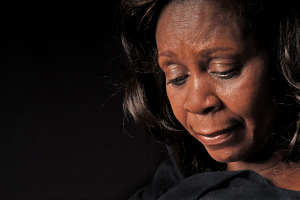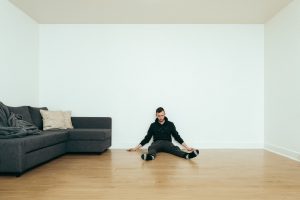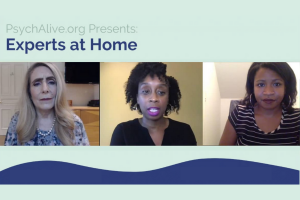“Control What You Can:” Breaking Down This Not-so-easy Action Into 5 Manageable Steps

Terrified, exhausted, super scared, fearful, bracing, holding, preparing, anxious, fatigued, dreading, panicked, hopeful, fierce, steady. These are the words that people have used to describe their visceral feelings in this moment.
‘Control what you can’ is a prescriptive offered by many helping professionals to take the focus away from what is outside of our power and help reframe our negative thoughts and emotions into more palatable foci. However, this advice is void of nuance, rendering it a great platitude but not always a useful tool.
So HOW do we ‘control what we can’? What does it look like in real time? The answer differs for everyone.
Think about the times when your mettle, safety, and well-being have been tested in the past. If you’re reading this, it means that you survived. But how? What strengths did you use to navigate the circumstances? Did you think about the worst case scenario and work backward from that point? Did you carefully sit with the options and map out a plan? Did you seek professional help in order to sort through and proceed with clearer purpose? Or did you exhibit a normal stress response, freak out, and gather yourself – because staying at an impasse was not an option?
This year has consistently pushed us to our limits. We have no idea of what the future holds. But what we do have control over is intentional activity. Positive Psychology researcher Sonja Lyubormirsky and her colleagues theorized that 50% of our happiness is predetermined by our genetic makeup. This means that we are hardwired to be as happy as our parents. 10% comes from life circumstances – good or bad. We certainly aren’t always at liberty to direct what happens in our environments. But a whopping 40% comes from engaging in intentional activities. These are actions or exercises that require some degree of daily personal effort – like expressing gratitude, being optimistic, practicing acts of kindness, nurturing relationships, developing strategies for coping, learning to forgive, increasing flow experiences, savoring life’s joys, committing to your goals, practicing religion or spirituality, and taking care of your body.
So with that theory as our framework, I’d like to share 5 manageable steps that you can take to ‘control what you can’ in times of unrest and uncertainty – the other 40%:
1. Acknowledge
Refuse to live in denial, no matter how hard reality seems. Take inventory of the risks, but try not to speculate. Be fully aware, but don’t allow yourself to be consumed with negative stimuli. This will render you physically, mentally, and spiritually drained and stuck.
2. Emote
Feel. You have to feel your feelings. They don’t make you weak. They don’t make you vulnerable. They remind you of your humanity. You’re welcome to visit this step as often as you’d like, but you can’t live here and catastrophize.
3. Let go
Sure, it’s easy to live in the past. It’s a reference point that offers familiarity and comfort. But this step is not about looking backward or forward. It’s about finding meaning in the ‘NOW’. If you aren’t appreciative of the present, spiraling into anxiety can quickly become your detour away from the path leading to acceptance.
4. Accept
Always easier said than done, this step is critical and peace-giving. Instead of spending copious amounts of time asking ‘why’, remember what ‘is’, and then ask ‘what now’.
5. Activate
Collect yourself. Tap into your stores of resilience. Remember your superpower. Make a conscious choice about what your subsequent actions will be, and then move in that direction.
It’s not so easy to convert this therapeutic cliché into a consistent practice, especially during times when hopelessness seems to outweigh hope. But making this mental shift will allow you to harness the power you DO possess, and ultimately help to direct your gaze and energies in the pursuit of what IS possible. Select this tool for your toolbox. It’s intentional.
Tags: anger, coping during covid-19, feel your feelings, feeling anxious, feelings, grief, how to stop anxiety, life during covid-19, pandemic, pandemic anxiety, resilience, stress








